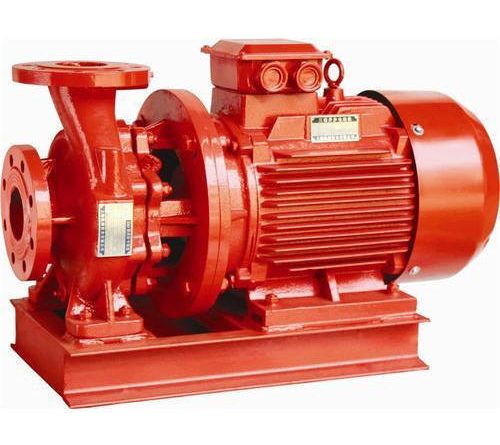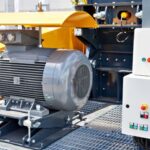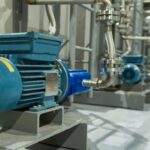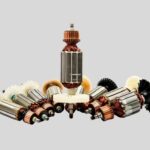What kind of protection required for pumps ?
Every year, more than 20% of electric motors installed burnout around the world.
This is in spite of protection systems being provided. This proves inadequacy of selected protection systems. In most cases, the reasons for pumping system failure are other than the pumping system itself. These include improper selection of pump, improper handling of the system, and improper selection of protective devices.
Most common protections required as mention bellow.
a) Phase Failure (Single Phasing) or loss of one phase.
b) Unbalanced supply.
c) Dry running
d) Overloading
e) Over heating of windings.
f) Under / Over Voltage
Specialized protections like against moisture, earth leakage, bearing failure etc. may also be required for some pumps.
- PHASE FAILURE causes burning of motors. Due to fuse failure, loose connections or loss of phase supply, one of the supply lines to the motor becomes dead. However, the motors continue to run on two phases, drawing heavy currents, and burnout.
- REVERSE RUNNING of pumps and certain machines due to wrong connections or reverse phase sequence endangers the motor and consequently the machine.
- UNBALANCED SUPPLY generates double frequency currents in the motor windings causing overheating. Unbalanced supply voltage produces heavy negative sequence currents. These are double frequency components of supply. They increase rotor resistance due to skin effect. Overheating of motor winding due to this, is unevenly distributed over the rotor. This leads to insulation breakdown.
- UNDER VOLTAGE overloads the motors in continuous running and is particularly dangerous while starting. Motor draws more currents at reduced voltages, RPM, Torque and Power reduce due to under voltage.
5.DRY RUNNING is equally dangerous for submersible pumps. Motors of submersible pumps are designed for running under water. They use water as a heat-transfer medium. In case the water level goes down and the pump runs dry, the motor gets overheated and burns out. Due to such dry running
the bearing temperature also increases, damaging the bearing and the surrounding portion of the pump.
6. OVER LOADING is also one major cause of motor burning. It may occur due to phase failure condition, dry running condition or direct overloading condition of the pump. Overloading causes increase in currents, this in turn results in insulation failure. Any pump used for transfer of water should stop working if it is running empty. This may happen if the water level is lower than the inlet valve; the suction pipe is leaking and has picked up air; or the pump is started without priming (in case of pumps requiring priming) etc. In such conditions the pump should stop immediately even though continued running may not be hazardous to the pump.In majority cases, however, a bimetal (thermal) overload relay is relied upon for pump protection. When electronic phase failure relay is used for protection, it again generally is a voltage sensing relay. It is mostly preferred as it is suitable for motors of any HP rating and hence inventory or stocking is. not a problem. However, these relays suffer from many disadvantages and limitations as compared to
current sensing relays.




